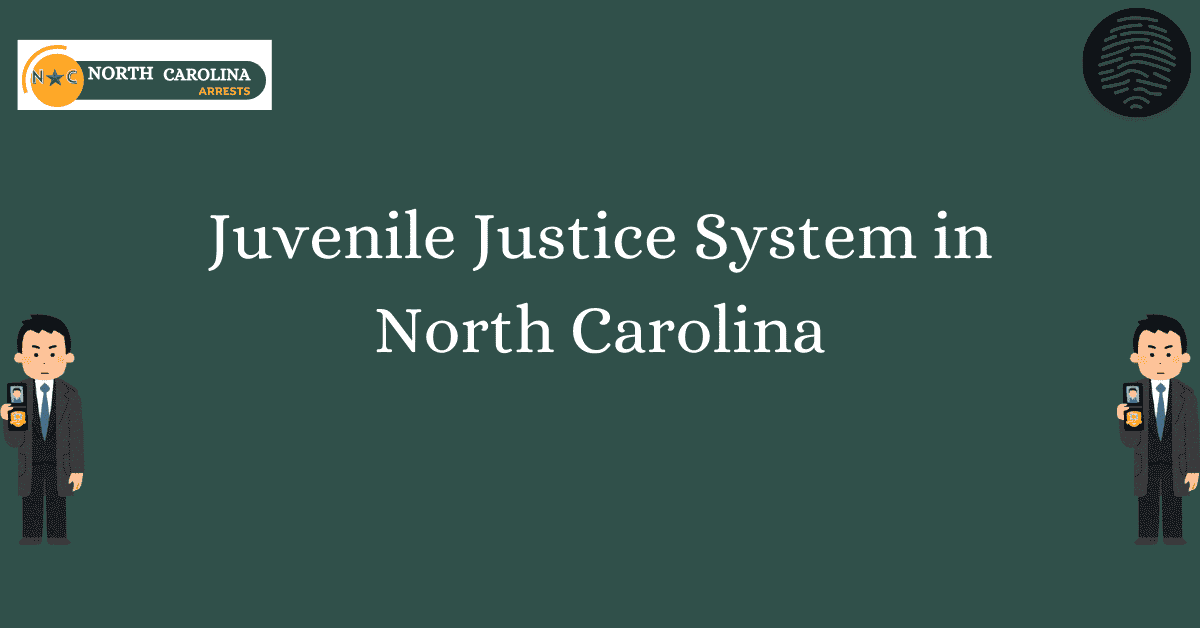Juvenile Justice System in North Carolina
The Juvenile Justice System in North Carolina operates with a focus on rehabilitation and support for young individuals who have come into contact with the law. Through a combination of educational programs, counselling services, and community involvement, this system aims to address the root causes of juvenile delinquency and provide opportunities for positive growth and development.
In North Carolina, the Juvenile Justice System recognizes the importance of individualized care and attention for young offenders. By tailoring interventions to meet the unique needs of each youth, the system strives to promote accountability, responsibility, and future success. Through collaboration with families, schools, and other stakeholders, the system works towards creating a supportive environment that fosters positive outcomes for all involved.
Overview of the Juvenile Justice System in North Carolina
North Carolina’s Juvenile Justice System focuses on rehabilitating and supporting young individuals who have committed offences. The system aims to provide necessary interventions and resources to help juveniles learn from their mistakes and become productive members of society. By offering a structured approach to addressing delinquent behaviour, North Carolina strives to ensure the well-being and future success of its youth.
Focus on Rehabilitation and Support
One key aspect of the Juvenile Justice System in North Carolina is its emphasis on rehabilitation and support. Rather than focusing solely on punishment, the system aims to address the root causes of juvenile delinquency and provide the necessary resources for young individuals to make positive changes in their lives. Programs and services are designed to help juveniles understand the consequences of their actions and develop the skills needed to make better choices in the future.
Educational Programs and Counseling Services
Education plays a crucial role in the rehabilitation of juvenile offenders. By providing access to educational programs and counselling services, North Carolina’s Juvenile Justice System aims to help young individuals improve their academic performance and acquire the necessary skills for personal and professional development. Counselling services also play a vital role in addressing mental health issues and supporting juveniles in their journey towards rehabilitation.
Community Involvement for Positive Growth
Community involvement is essential in promoting positive growth and development among juvenile offenders. By engaging with local communities, the Juvenile Justice System in North Carolina aims to create a supportive environment that encourages accountability and responsibility. Community-based programs and initiatives help juveniles build positive relationships and develop essential life skills that contribute to their overall well-being.
Importance of Individualized Care
Recognizing that each juvenile offender is unique, North Carolina’s Juvenile Justice System emphasizes the importance of individualized care. Tailored interventions are designed to address the specific needs and challenges of each young individual, ensuring that they receive personalized support and guidance throughout their rehabilitation process. By promoting accountability and responsibility, the system aims to help juveniles take ownership of their actions and make positive changes in their lives.
Tailored Interventions for Unique Needs
Individualized care involves tailoring interventions to meet the unique needs of each juvenile offender. By assessing their strengths and weaknesses, the Juvenile Justice System in North Carolina can develop customized treatment plans that address specific behavioural issues and promote positive outcomes. Through personalized interventions, young individuals are given the tools and resources they need to overcome challenges and make meaningful changes in their lives.
Promoting Accountability and Responsibility
Central to the rehabilitation process is the promotion of accountability and responsibility among juvenile offenders. By holding them accountable for their actions and helping them understand the consequences of their behaviour, North Carolina’s Juvenile Justice System aims to instil a sense of responsibility and encourage positive decision-making. Through ongoing support and guidance, young individuals are empowered to take control of their lives and work towards a brighter future.
Collaboration with Families and Stakeholders
Collaboration with families and stakeholders is essential in supporting the rehabilitation of juvenile offenders. By involving parents, guardians, and community members in the rehabilitation process, North Carolina’s Juvenile Justice System creates a network of support that enhances the effectiveness of interventions and programs. Family involvement helps strengthen relationships and promote positive communication, while collaboration with stakeholders ensures that resources are effectively utilized to support the needs of young individuals.
Creating a Supportive Environment for Positive Outcomes
Ultimately, the goal of North Carolina’s Juvenile Justice System is to create a supportive environment that fosters positive outcomes for young offenders. By prioritizing rehabilitation, individualized care, and community involvement, the system aims to help juveniles overcome challenges, learn from their mistakes, and make positive changes in their lives. Through a collaborative and supportive approach, North Carolina seeks to ensure the well-being and future success of its youth.
Frequently Asked Questions
Our FAQ section is designed to address common queries and provide detailed explanations to enhance your understanding of the Juvenile Justice System in North Carolina.
What is the Juvenile Justice System in North Carolina?
The Juvenile Justice System in North Carolina is a network of agencies and programs designed to handle cases involving minors who have committed delinquent acts. It focuses on rehabilitation and providing support to help juveniles reintegrate into society.
What are the goals of the Juvenile Justice System in North Carolina?
The primary goals of the Juvenile Justice System in North Carolina are to promote public safety, hold juveniles accountable for their actions, provide appropriate interventions to prevent future criminal behaviour and support the overall well-being of young offenders.
How is NC’s Juvenile Justice System different from adult’s?
The Juvenile Justice System in North Carolina emphasizes rehabilitation over punishment, and its procedures are tailored to meet the unique needs of young offenders. It aims to address the root causes of delinquent behaviour and provide juveniles with the tools they need to lead productive lives.
What are the different types of juvenile delinquency in North Carolina?
Juvenile delinquency in North Carolina can encompass a range of behaviours, including truancy, drug offences, property crimes, violent crimes, and status offences like underage drinking. Each case is handled based on the severity of the offense and the individual needs of the juvenile.
How does NC deal with juvenile delinquency?
When a juvenile is charged with a delinquent act in North Carolina, they may go through a series of court proceedings, assessments, and interventions. The system aims to address the underlying issues contributing to delinquent behaviour and provide appropriate resources to support the juvenile’s rehabilitation.
What resources are available to juveniles in the North Carolina Juvenile Justice System?
The Juvenile Justice System in North Carolina offers a variety of services and programs to support juveniles, including counselling, educational support, vocational training, substance abuse treatment, community service opportunities, and mental health services. These resources are designed to help juveniles build positive skills and make better choices for their future.







